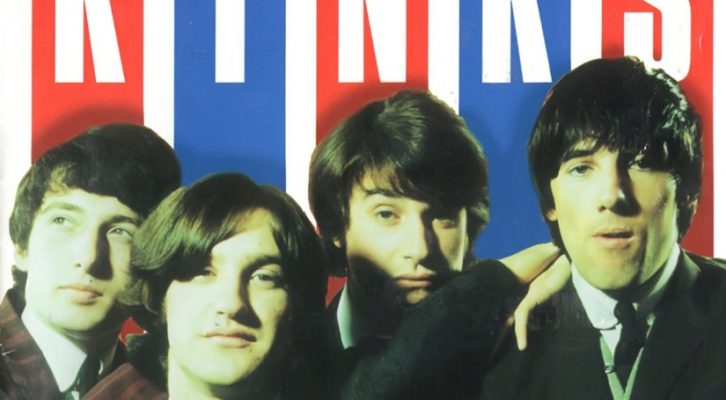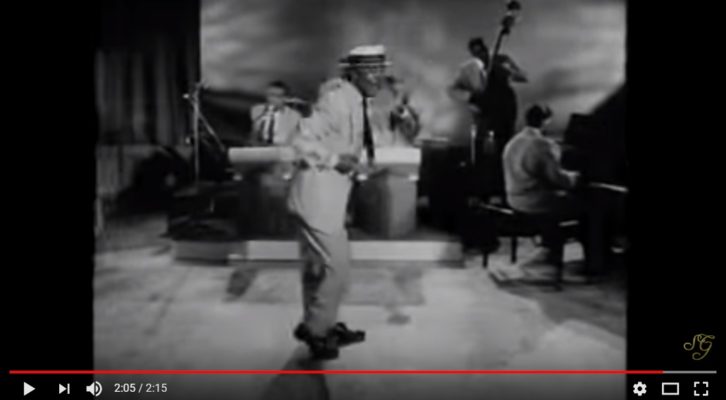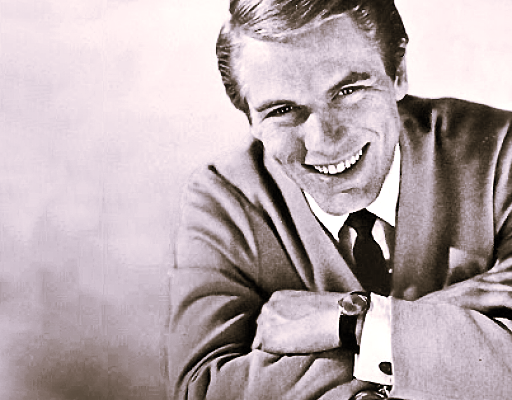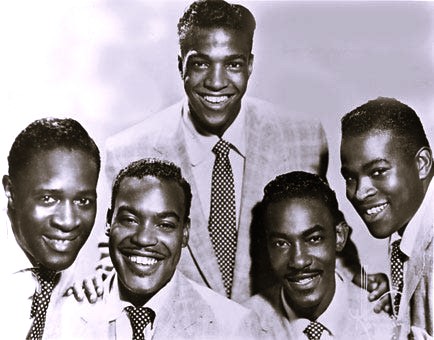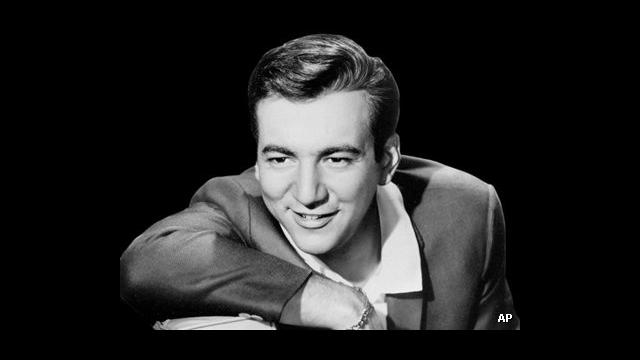What Made Brian Jones An Icon Of The Rolling Stones?
Brian Jones was the visionary behind the formation of The Rolling Stones. From recruiting musicians to acting as the band’s business manager, Jones played an essential role in promoting the group.
For more stories capturing the essence of music legends, we’ve gathered insights from around the web here at Jukebox Saturday Night. Take a nostalgic journey as we explore the legacy of icons like Brian Jones, Johnnie Ray and other industry legends whose work shaped an era that resonates in music history.
Join us as we learn more about the artistic vision of Jones that continues to inspire and captivate fans worldwide.
Founding The Rolling Stones
Brian Jones: A visionary behind the band’s formation
Brian Jones was much more than a talented musician; he was the catalyst that led to the formation of The Rolling Stones.
His passion for blues music led him to form a band that would capture the world’s attention. He smartly placed an ad in Jazz News to find musicians for a new R&B band, a move that would greatly influence rock music.
He first brought the original members together, including Mick Jagger and Keith Richards, who were already friends at the time and shared a passion for music. Jones impressed them with his slide guitar playing at the Ealing Blues Club. This led to a collaboration and the eventual formation of the iconic band.
Besides gathering band members, Jones also managed the band’s business, handling promotions and organising concerts to make The Rolling Stones known. It was also him who chose the name The Rolling Stones, inspired by a Muddy Waters song called ‘Rollin’ stone blues’.
His early vision and contributions significantly shaped The Rolling Stones’ unique sound and style, making them one of the best sounds of the ‘60s and securing his legacy as a true music icon.
Musical brilliance
Jones did more than just name the band or help start it. He was incredibly talented with various instruments, adding distinct sounds to their music.
He famously used unusual instruments for rock music, like the sitar in ‘Paint it black’, which gave the song a distinctive echo that fans still love today. He also brought the marimba to ‘Under my thumb’ and the dulcimer to ‘Lady Jane’, adding unique flavours that set the band apart in the 1960s rock scene.
Mastery and versatility with multiple instruments
Brian Jones was extraordinary at playing different instruments. His talent shone through in the sombre recorder sounds on ‘Ruby Tuesday’ and the eerie mellotron in ‘2000 light years from home’. He didn’t just play; he explored, using instruments like the harpsichord and harmonica, which were not common in rock music then. His curiosity and skill helped mould the Stones’ rich, eclectic sound.
Charismatic persona
Distinctive style and stage presence
Brian Jones was a key figure in shaping The Rolling Stones’ stage presence and style. Known for his vibrant fashion and lively performance style, Jones captured the essence of the 1960s rock scene.
His skill in playing multiple instruments enhanced the band’s live shows, turning them into an exciting mix of sound and visual appeal. His last live show with the Stones at the 1968 New Musical Express Pollwinners’ Concert showcased his style, drawing audience attention despite his personal and professional struggles at the time.
Defining The Rolling Stones’ image
Jones also had a significant role in defining the band’s visual and cultural image. His fashion sense and public persona set The Rolling Stones apart from other bands, establishing a distinctive visual identity early on.
His bohemian and mysterious allure greatly added to the band’s charm and mystique, securing their status as counterculture icons. Even after he left the band, his early contributions continued to influence their style and direction.
Challenges and departure from The Rolling Stones
Jones left the band in 1969. This came after a tough period marked by personal issues and legal problems that affected his ability to be part of the group.
Legal and substance abuse problems
He faced several drug possession charges in the late 1960s, which complicated his life and limited his involvement with the band, especially during international tours. His legal issues became public, adding to the scrutiny he was under.
Changing roles within the band
As Mick Jagger and Keith Richards took over more of the songwriting and creative direction of the band, Jones’s role became less prominent. His erratic behaviour, driven by his struggles with substance abuse, strained his relationships with other band members. Eventually, it became clear he could not travel to the US for tours because of his criminal record, which made it impossible for him to stay with the band.
Announcement of his departure
The band and Jones agreed it was best for him to leave, allowing him to explore musical paths that suited him better. Though it was described as a mutual decision, the band needed to move forward without the uncertainty his presence brought. His departure was announced in June 1969, and Mick Taylor, a young guitarist, took his place, offering more stability for the band’s future.
Brian Jones’s tragic death
Jones died under mysterious conditions on July 3, 1969, just weeks after leaving the band. Officially, his death was declared an accidental drowning at his home, Cotchford Farm. Yet, with drugs found in his system and his history of substance issues, his last hours remain a topic of intense discussion and speculation.
The mystery surrounding Jones’s death has led to various theories. Despite several investigations following his demise, the official verdict has not changed, but the speculation continues. Theories range from professional jealousy to more extreme ideas like a satanic plot, reflecting the band’s controversial image at the time.
Brian Jones’s passing remains a subject of fascination and debate, underscoring the enduring impact of his life and the mysterious circumstances of his untimely death.
Legacy in rock history
Lasting impact on music
Despite the mystery surrounding his death, Brian Jones’s influence on music and culture is undeniable. As a founding member of The Rolling Stones, his creative musicianship and distinctive style were crucial in defining the band’s early sound and image.
His work has inspired countless musicians and continues to resonate with fans around the world. Notably, Jones is also remembered as a member of the ‘27 Club’, which includes famous musicians who tragically died at the age of 27, including Jimi Hendrix and Kurt Cobain.
A legacy of complexity
Jones’s contributions extend beyond the music he created. The ongoing interest in his life and mysterious death speak to the enduring fascination of his persona. His life, marked by both brilliance and challenges, remains a subject of admiration and reflection.
Key points to remember
- Founding the band. Brian Jones was instrumental in forming The Rolling Stones, setting the stage for their global fame.
- Musical genius. His talent extended beyond guitar; he played multiple instruments, bringing a unique sound to the band’s music.
- Mastery with instruments. His ability to play various instruments like the sitar and marimba added distinctive touches to many iconic songs.
- Charismatic persona. Known for his lively stage presence and fashion, Jones epitomised the vibrant spirit of the 1960s rock scene.
- Defining the band’s image. Jones’s style and public persona helped craft The Rolling Stones’ unique and enduring image.
- Legal challenges. His later years were troubled by legal issues and substance abuse, impacting his role in the band.
- Changing roles. Over time, Jones’s influence in the band waned as Jagger and Richards took over creative directions.
- Departure from the band. His departure in 1969 was marked by personal and professional struggles, leading to his replacement.
- Tragic death. Jones died under mysterious circumstances in 1969, fueling ongoing speculation and debate.
- Lasting legacy. Despite his early death, Jones’s contributions to music continue to influence artists and amaze fans globally.
Celebrate the timeless tunes of yesteryear on Jukebox Saturday Night, where every song brings back cherished memories.







